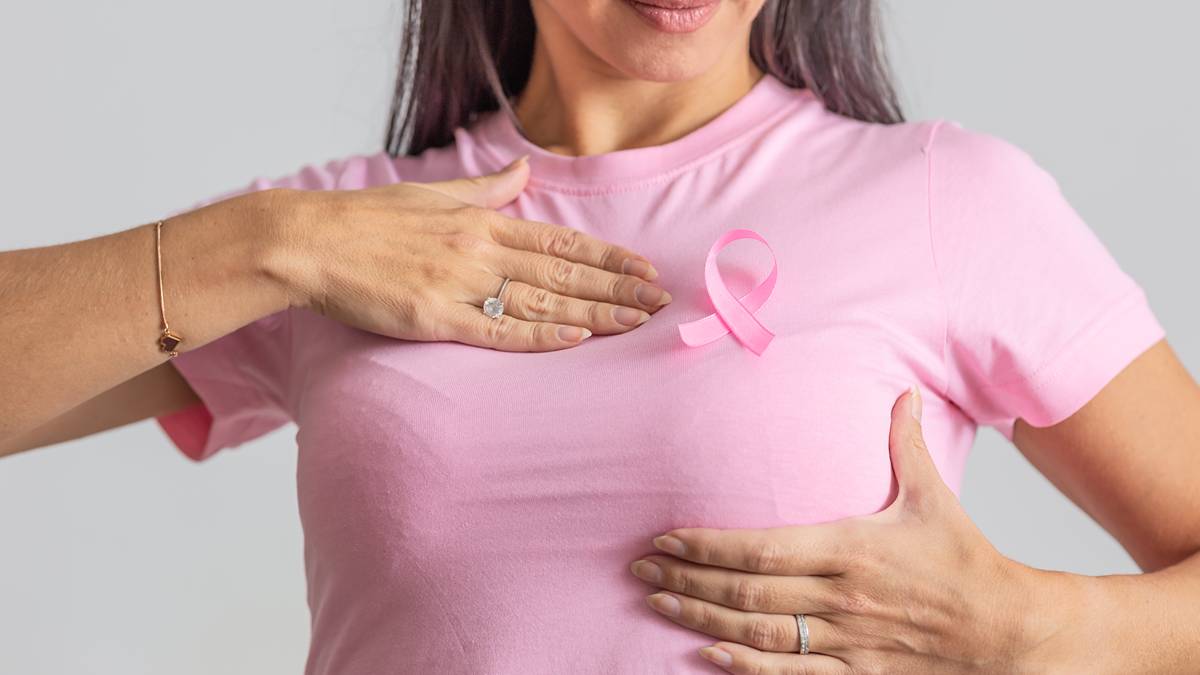The next year and a half was a whirlwind. I had a mastectomy to remove my poisoned boob and an immediate reconstruction with a breast implant. A week later, I had a second surgery to remove all the lymph nodes in my left armpit because they’d found a cancerous one (which thankfully turned out to be the only one).
Then, I tackled six months of chemo that made me lose my hair (probably the hardest part of the whole process emotionally) and 28 straight days of radiation. After all that was done, I asked to have my right breast removed too because I didn’t want to live in fear of it killing me.
When I was in the middle of treatment, my fragile marriage finally broke down and I became a single mum to my three girls. It was one of the most challenging seasons of my life.
Yet when my kids ask me whether I would erase breast cancer from my life if I could go back in time, I honestly can’t say I would. As cliché as it sounds, I wouldn’t be who I am today – a much stronger and (ironically) healthier version of myself – without that massive health scare.
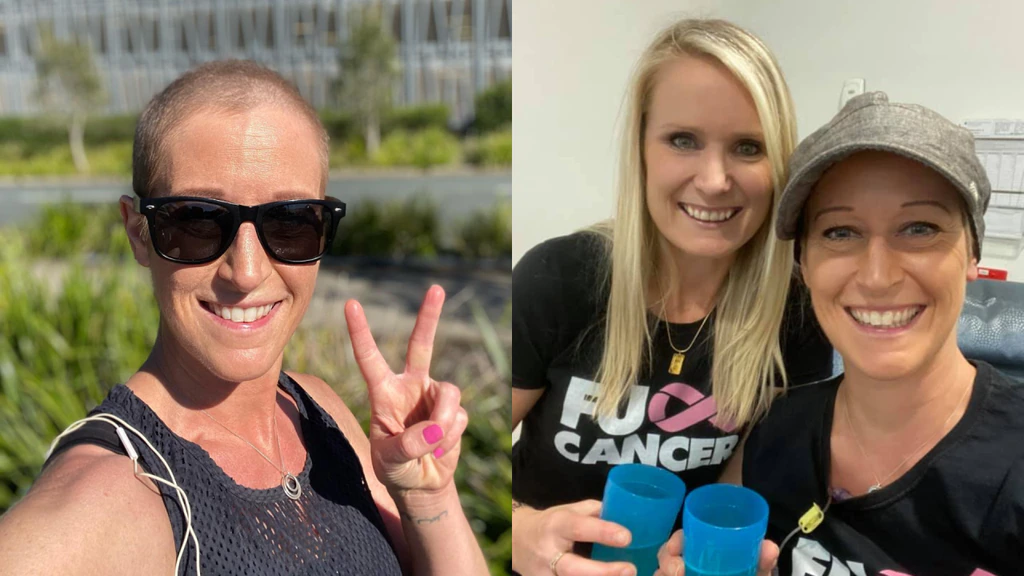
Here are five things I want every woman to know about preventing and navigating breast cancer.
1. Mammograms are FREE after 40
Catching breast cancer early can save your life. The average five-year survival rate for Stage 1 breast cancer is 100 per cent, Stage 2 is 95 per cent, Stage 3 is 81 per cent and Stage 4 is 32 per cent. My cancer was diagnosed at Stage 2B – in between stages 2 and 3 – and I’m still kicking five years later with grand plans to be a badass grandma.
Checking your boobs regularly for lumps or visual changes is a great start, but it isn’t enough. Even after I was diagnosed, doctors still couldn’t feel any of the three cancerous lumps in my left breast (and it turned out I also had a “sea of carcinoma” in the tissue between those lumps). A routine mammogram saved my life – one that I insisted on having despite being told I didn’t need one yet.
My mum had breast cancer when she was 57, but doctors told us it wasn’t a hereditary type, so I didn’t need to start having mammograms until 10 years before she was diagnosed. If I’d followed that advice, I’d be writing this dead.
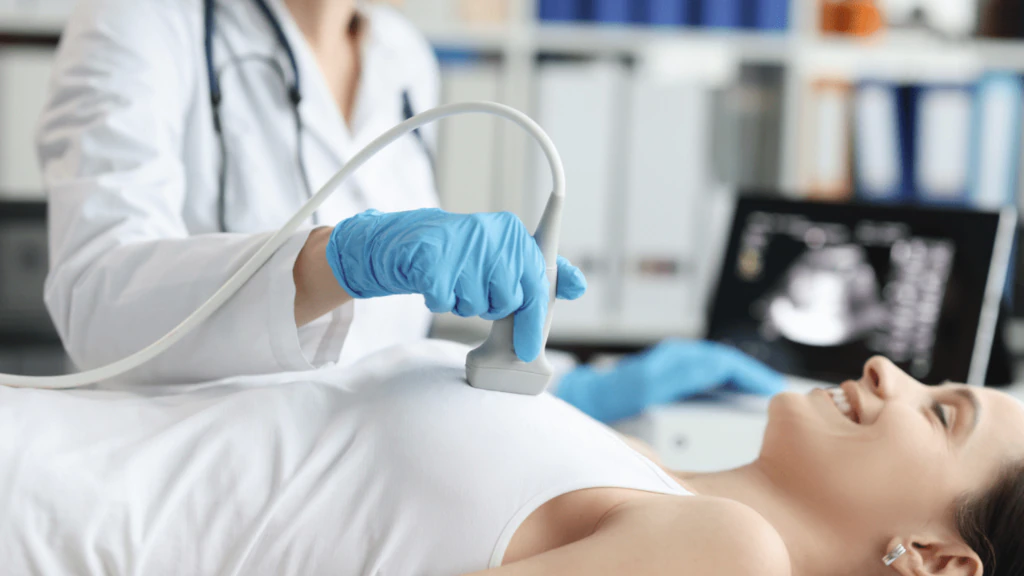
I had my first mammogram when I turned 40 because they’re free every two years after your 40th birthday through BreastScreen Australia. People go on about how uncomfortable they are, but it’s just a pinch that’s over before you know it – and trust me when I say cancer treatment is far more unpleasant.
When I was due for a follow-up in March 2020, all the BreastScreen clinics were closed due to Covid lockdowns. I telehealthed my GP and asked if I should pay for a private mammogram. “Nah, you’re young and a few more weeks or months won’t matter,” he said. I didn’t remember until October and by then I had three lumps.
Still think you’re too young to get breast cancer? While 75 per cent of breast cancer cases in Australia are diagnosed in women 50 and over, a whopping 16 per cent occur in women aged 40 to 49 and 4 per cent in women 30 to 39.
Book your free mammo today, girlfriend.
2. Australia is one of the best places to have breast cancer
If you’re going to get breast cancer, Australia is the place to do it. A recent global study found that while we have one of the highest breast cancer diagnosis rates in the world, we also have one of the lowest mortality rates from the disease. We have our free national breast screening program to thank for detecting more cases and saving more lives.
I can’t even begin to describe the incredible level of care I received while I was in treatment. I called the chemo unit “the day spa” because I got to recline in a cushy armchair while the nurses brought me sandwiches and tea. When my treatment was over, I cried because they’d become my besties.
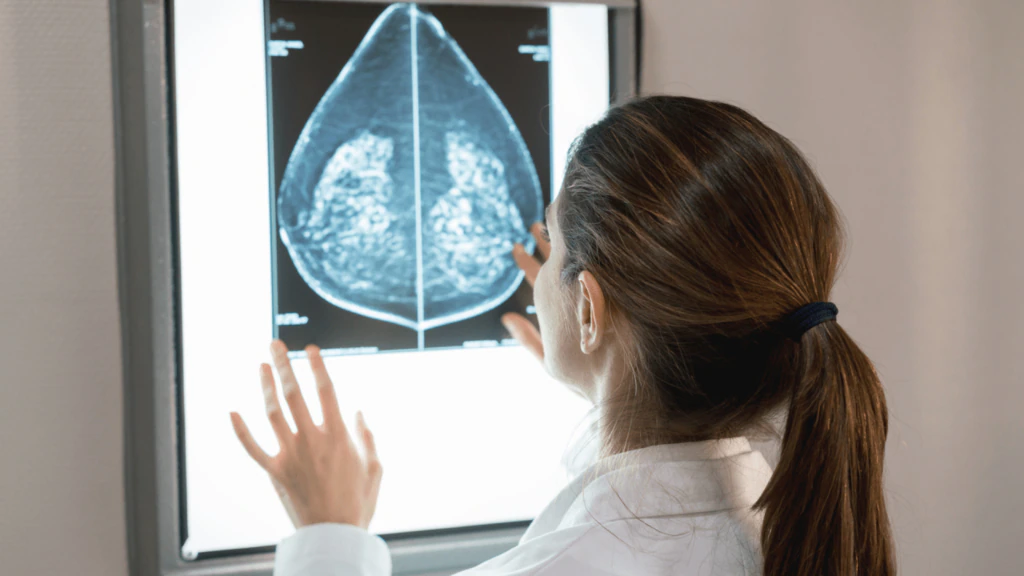
And don’t get me started on the overwhelming amount of support I received from breast cancer charities. The McGrath Cancer Care Nurse who was assigned to me called regularly to check on my progress and give me a list of resources.
I received free counselling and a beautiful wig through Cancer Council, Mummy’s Wish sent my girls teddies and gave me vouchers for house cleaning, and local charities including Bloomhill Cancer Care and Cindy Mackenzie offered me grocery vouchers and free support services.
I felt embarrassed accepting so much help at first, but it truly made me feel supported. I highly suggest starting with the McGrath Foundation who will be able to point you in the right direction.
3. Exercise is your most powerful tool against cancer
One of the first questions I asked my oncologist was: will I be able to keep running and going to the gym when I’m in treatment? (I know – I’m like one of those annoying kids at school who asks for more homework, but exercise is crucial for my mental health.) He told me that the more active I was – both physically and mentally – the better. Yassss.
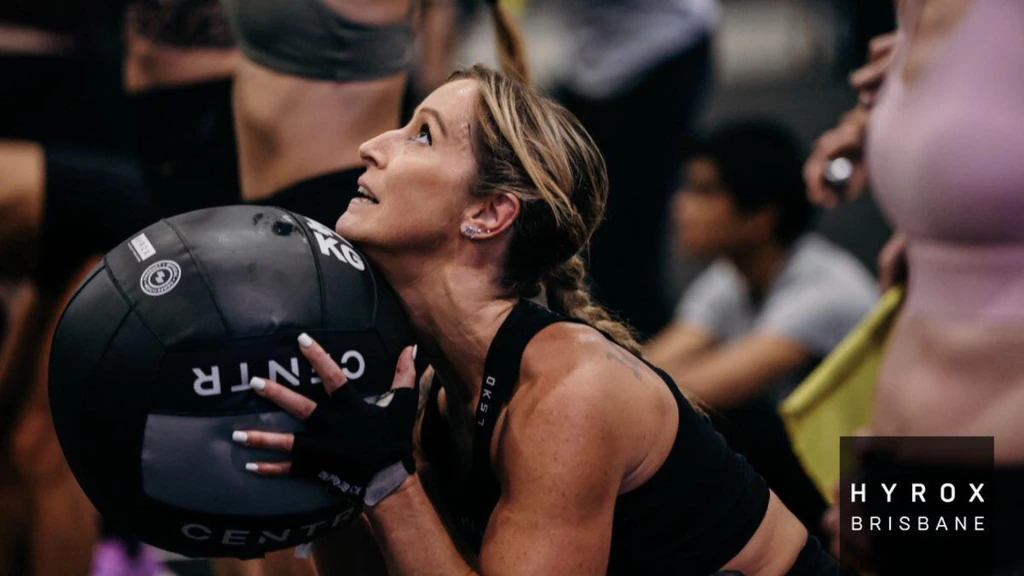
There’s a huge body of research that shows exercise reduces side effects of cancer treatment and prevents recurrence. Not to mention that even small amounts of exercise can help decrease your risk of getting cancer in the first place!
I know what you’re thinking: I can barely find the motivation to exercise when I’m feeling great, how would I possibly do it during cancer treatment? You’ll find a way and you’ll thank yourself for it. You don’t have to run a marathon – even short walks can help.
I’d often run a slow 3K around the lake near the hospital before going in for my chemo infusion and joke to the nurses that I knew I was stanky but it was for my health. On bad side effect days, when I was in the grips of fatigue and nausea, I’d drag myself to the gym and do a gentle weights session. I always felt SO much better afterwards.
4. Cancer may change your life for the better
When I finally finished treatment, I crashed big time. My nervous system was fried and I could barely peel myself off the couch when the kids were with their dad.
I’d always been a big drinker – from my party girl days to my wine mum era – but my vino habit spun out of control during that period. I was drinking a bottle and a half most nights and feeling deeply ashamed about my habits.
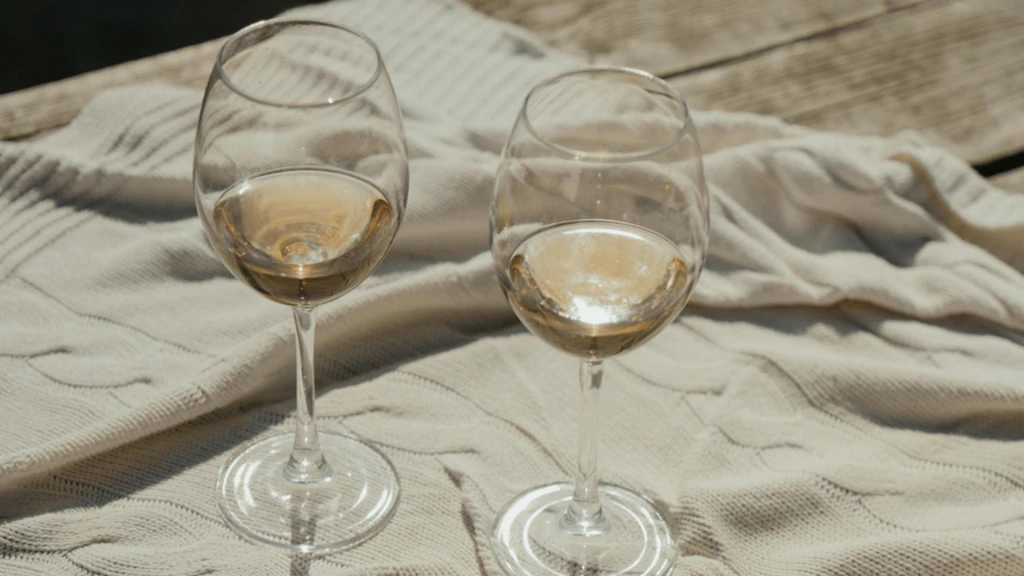
I’d put on 10kg of water weight from chemo and didn’t recognise my reflection in the mirror. My face was bloated and my hair was growing back in all directions. I decided to join an F45 gym, and at first I felt out of place and embarrassed compared to the super-fit people who trained there. But I kept showing up for myself and soon I was going five to six days a week.
After years of trying to curb my wine habit by reading quit lit and listening to sober podcasts, something finally clicked in my mind and I realised that alcohol was taking way more than it was giving. I hadn’t wanted to admit the truth – that there’s a direct link between drinking alcohol and breast cancer – but I was finally ready to stop lying to myself. I gave up my beloved wine and I’m now over two years sober.
At 47, I’m in the best shape of my life and I’ve completed two solo Hyrox fitness races in the past year. I met an incredible man who never would have given me a second glance when I was partying and an emotional mess.
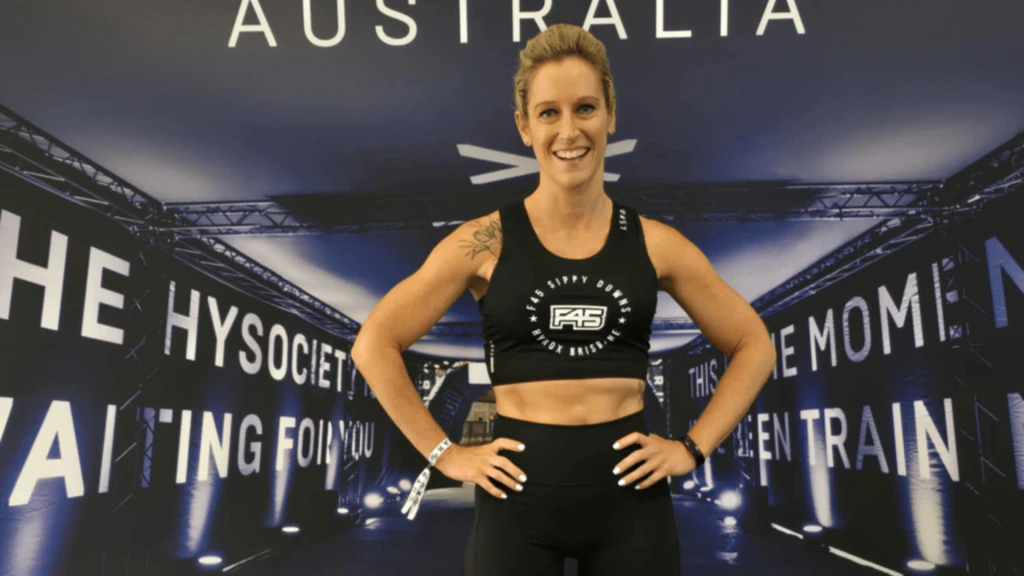
Life is far from perfect – raising three girls on my own and running a business can be pretty stressful – but I’ve made changes I never would have made if I hadn’t gotten cancer. So, no regrets.
5. There’s no ‘right’ way to support a friend going through breast cancer
The word “cancer” really freaks people out. Many people aren’t sure what to say or how to offer support when a friend is diagnosed. My best advice is to not worry too much about saying the right thing – simply reach out and say you’re there for them.
Right after a cancer diagnosis, messages and offers of help flood in. It’s so lovely, but it can also be overwhelming. Let your friend know they aren’t obligated to answer your check-in messages – but keep checking in several weeks and months later when everyone else has gone back to their lives.
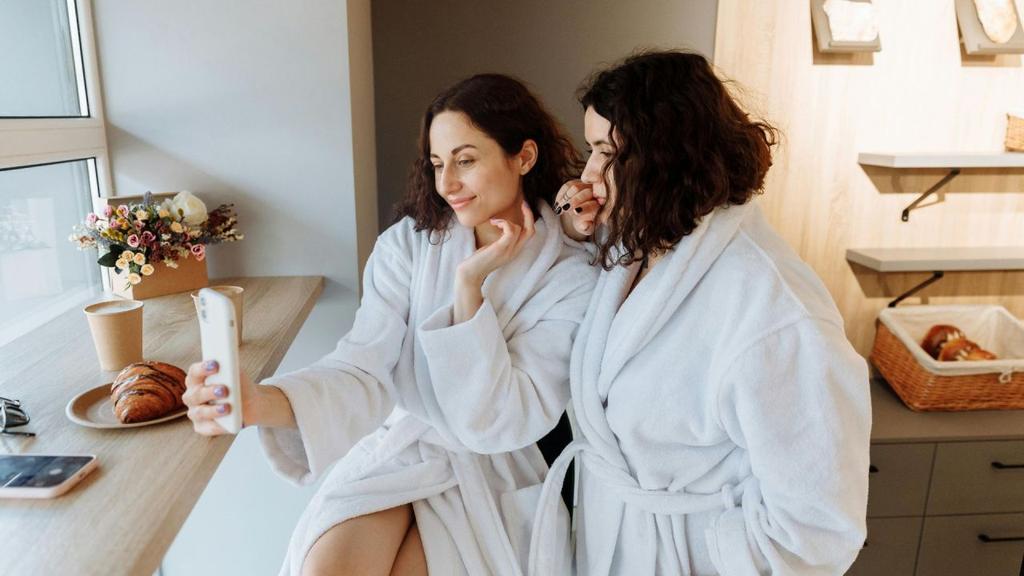
People often ask me about good gifts for people with breast cancer. I was so touched by every single present and offer of help.
The ones that helped the most were cooked meals (prepared with care because your immune system is weak when you’re in chemo and you can’t afford food poisoning!), vouchers for cooked meal delivery services and house cleaning, and natural skin care products (because you want to avoid toxins as much as possible).
But you really can’t go wrong with whatever you give – even if all you offer is a sympathetic ear and a hug. Cancer can be an isolating and even terrifying experience at times, and having a supportive community holding you up can help you get through even your darkest moments.
This article first appeared in bodyandsoul.com.au as ‘I’m a breast cancer survivor – here are 5 things I want every woman to know’
